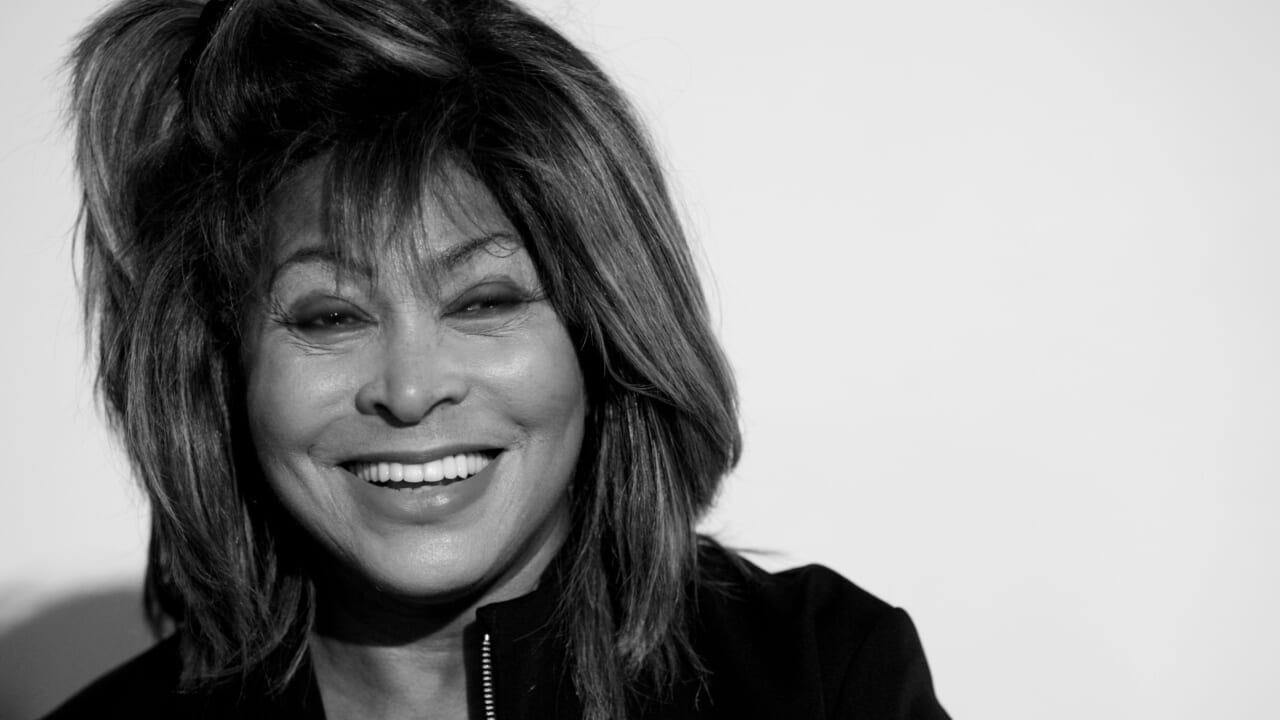We bring news that matters to your inbox, to help you stay informed and entertained.
Terms of Use and Privacy Policy Agreement
WELCOME TO THE FAMILY! Please check your email for confirmation from us.
OPINION: The legendary singer, who died Wednesday at age 83, was a survivor whose gritty, soulful voice was a source of empowerment for a generation of women.
Editor’s note: The following article is an op-ed, and the views expressed are the author’s own. Read more opinions on theGrio.
Tina Turner was the queen of strength. You could hear it in that gritty, gravelly, powerful, soulful voice. When she sang, she sang. Tina was bold. Tina was audacious. She had swagger, and it came through loud and clear in her voice. You know the way Black folks talk about “sanging”? They were talking about Tina Turner, who died Wednesday at age 83. When you’re sanging, you’re giving us that bluesy, soulful sound that makes us feel the music in our spirit. That’s what Tina was all about. My friend, the rock writer Kurt Loder, co-wrote Tina’s memoir “I, Tina.” He said her voice, “combined the emotional force of the great blues singers with a sheer, wallpaper-peeling power that seemed made to order for the age of amplification.”
But in the ’60s and ’70s, as Turner’s star was rising, she was battling a monster. Her husband, Ike Turner — her musical partner, the man who helped make her a star — was beating her. Ike Turner was physically and verbally abusive and he was open about it: In 1985, he told Spin Magazine, “Yeah, I hit her, but I didn’t hit her more than the average guy beats his wife.”
In 1978, she left him. That was a time when it was hard for women to leave their husbands, but Turner knew she had to go no matter what it cost. She struggled for years and came to be thought of as a nostalgia act as if her best days were behind her. But in time, she rose again and became the queen of reinvention. After Ike, she became someone new and moved into a chapter where she was solo and emotional and wise, which gave her a new sort of power.
“What’s Love Got To Do With It,” the 1984 song, gave us that same gritty, big voice again but now she was a more mature singer. She had more life underneath her. It’s a pop song, but it’s also a blues song because there’s so much pain underneath it. The world knew the pain she had escaped, and the words from her mouth seemed more powerful. She was a survivor.
“What’s Love Got To Do With It” was a monster smash, a song that you heard everywhere from an album that sold almost nine million copies in 12 countries. It was an anthem for women who wanted to reclaim their power from men who drew them into relationships that hurt them. It was a song that spoke to something we now call self-care. The speaker in the song feels attracted to a man but she’s pulling back. She’s not falling in love again. She sings, “I’ve been thinkin’ about my own protection.” The key line, of course, is, “Who needs a heart when a heart can be broken?” This is an empowering message from a woman who was then in her 40s. All the songs on the radio were about having love or seeking love, but Turner was over love. She was not willing to risk her heart being broken again. She had been down that road and was now into taking care of herself. That message resonated and touched millions. Turner became the oldest female solo artist to have a No. 1 single in the U.S.
I will remember Turner in sparkly dresses and sporting big blonde hair, singing, entertaining and giving us a vision of a Black woman as strong, independent and energized as if from an external power source. A woman from humble beginnings in the South who became a citizen of the world. As far as the culture, Tina Turner is Beyoncé’s cultural mother. Beyoncé knows it — she sang Turner’s praises at the Kennedy Center Honors in 2005 and sang with Turner at the Grammys in 2008. Of course, Turner’s influence goes far beyond that — she’s Lizzo’s mother, she’s Mary J. Blige’s mother, she’s Cardi’s and Nicki’s, too.
She was a huge personality and an unforgettable voice. She was bluesy and soulful but comfortable sliding into rock and roll or pop songs and making them her own. She was someone people rooted for. She was a survivor who escaped from her own personal hell, and the more we learned about what she had been through with Ike, the more we wanted her to win. But when you have a voice like Tina’s, victory is inevitable. Bon voyage to the queen. Tina Turner was simply the best.
Touré is a host and Creative Director at theGrio. He is the host of the podcast “Toure Show” and the podcast docuseries “Who Was Prince?” He is also the author of seven books including the Prince biography Nothing Compares 2 U and the ebook The Ivy League Counterfeiter. Look out for his upcoming podcast Being Black In the 80s.
TheGrio is FREE on your TV via Apple TV, Amazon Fire, Roku, and Android TV. Please download theGrio mobile apps today!

